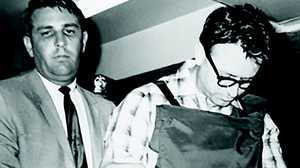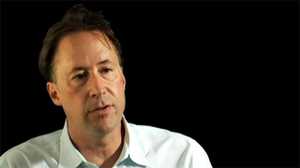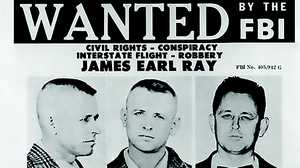Dr. King's Bookshelf
To understand the people who've profoundly impacted history, we're exploring the books that profoundly impacted them. Chosen by Coretta Scott King to edit the papers of her late husband, Clayborne Carson currently serves as the founding director of the Martin Luther King, Jr. Research and Education Institute at Stanford University. Here, he tells us about the civil rights leader’s relationship to the Bible, his opinion of Marx, and the science fiction novel that helped shape his activism.
By Clayborne Carson as told to Cori Brosnahan
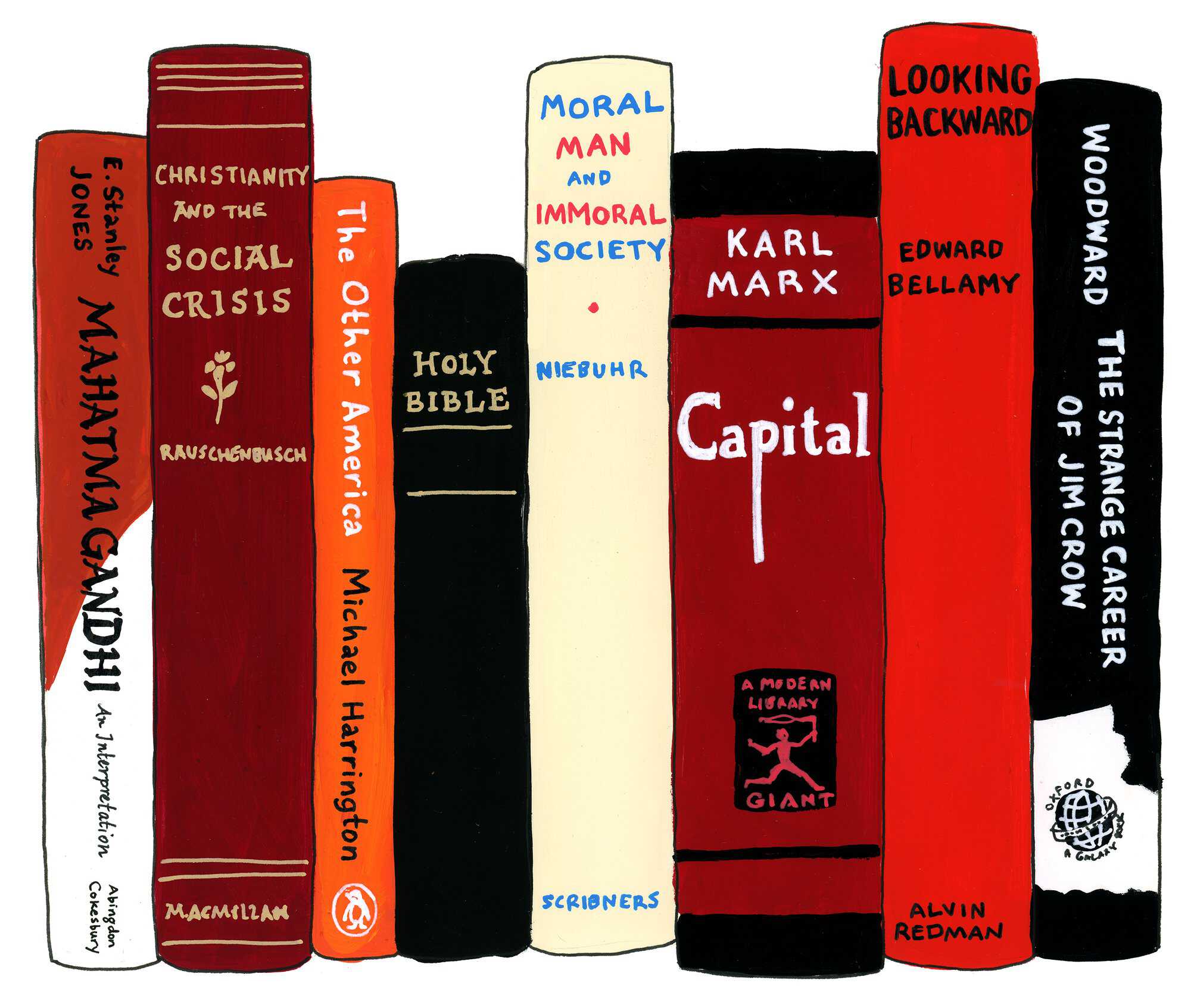
There were a number of books that had a profound impact on Dr. King. Obviously, the Bible. I remember him mentioning that he took a course on the Bible at Moorhouse with George Kelsey — a man I actually got to meet. At that time, as a teenager, King was going through a period of doubt about whether or not the Bible was literally true. In that course, Kelsey showed him that you didn’t have to take the Bible literally, that everything in it might not stand up to modern science, but that [it contained] profound truths that one couldn’t escape. Martin was always looking for a kind of religion that was intellectually as well as emotionally satisfying. George Kelsey was a model for him of a person who was deeply religious, but also an intellectual. I think that encouraged Martin to believe that he could be that kind of a minister. And I think he was. He was probably one of the most highly-educated Baptist ministers of his time. There weren’t very many — particularly in the South — that had a doctorate and had been through a modern divinity school.
In the early 1950s, King was trying to figure out what relevance Christianity had in the 20th century. He had grown up during the Depression and seeing people in bread lines had made him very socially conscious. Christianity and the Social Crisis by Walter Rauschenbusch combined theological insights with the social conscience. Rauschenbusch was an early 20th century reformer who strongly felt that the Bible was a call to social justice. He was a socialist, someone who saw socialism as consistent with the prophetic message of doing justice to those who are less fortunate.
Reading Rauschenbusch affected him and led him to read some of Marx. At the time, communism seemed to many people in the world like the answer to poverty and unequal distribution of wealth. But King decided that line of thinking was not the answer. First of all, it was atheistic, and he could not accept that. And then, in his view, Marxists — especially communists — emphasized that you could use any means to achieve your end. King strongly felt that the means had to be consistent with the ends. So he did not believe in any kind of change through revolution; he believed that change [should be effected] by convincing people that there was a better way to organize society.
Ultimately, King decided that Christianity had its own own answer for people who are oppressed. He gave a number of sermons called “Christianity and Communism.” He basically argued that people shouldn’t have to wait until after they died and went to heaven for salvation — that there should be a Christian answer to the social problems he saw around him.

Another book that influenced him was Moral Man and Immoral Society, by Reinhold Niebuhr. Niebuhr made him a little more skeptical about the notion that people were basically good and that basic goodness was going to change society. Niebuhr had been a pacifist, but after World War II, he concluded that pacifism could not have been an effective answer to Nazism. Niebuhr made King feel that there had to be a force that was strong enough to stand up to evil.
On the other hand, there was Gandhi. E. Stanley Jones, a Christian missionary who had been to India, wrote a book that provided a Christian perspective about Gandhi. What King decided after learning more about Gandhi is that non-violence can be a powerful force. Niebuhr had talked about pacifism as simply a refusal to use violence, but Gandhi said that there was a way of organizing non-violence on a massive scale so that it could be a powerful force as well.
When they were courting in 1952, Coretta sent Martin Looking Backward, by Edward Bellamy, with an inscription saying she would like to know what he thought about the book. It’s a science fiction novel written in the 19th century about what America would be like in the year 2000. Bellamy predicts that we’ll be a socialist society with things like free medical care, unemployment insurance, etc.
So Martin writes Coretta a long letter in which he talks about how much Bellamy impressed him. He says that his ideas are in line with Bellamy, but he understands that capitalism is not going to disappear overnight. Then he lays out his agenda. He says he looks forward to the day when there will be "a warless world, a better distribution of wealth, and a brotherhood that transcends race or color. That,” he says, “is the gospel I will preach to the world.” And when you think of where he was 16 years later — opposing the war in Vietnam and trying to lead the Poor People’s Campaign — you can really see how that book influenced him. And the fact that Coretta sent it to him I think is noteworthy. Coretta was an activist before she met Martin and people don’t think of the impact she might have had on his development.
C. Vann Woodward’s The Strange Career of Jim Crow was influential to a lot of people, including King. There was the question: why do Southern whites accept segregation? And Woodward’s theory was that segregation was the psychological reward that poor and working class whites had to compensate for their status in the world. In other words, if they were poor, at least they could say, “I’m white.” King would later use that idea in a speech at the end of the Selma to Montgomery march. He spoke about how rather than feed their children with food, the poor Southern white feeds them with the psychological idea that they have this racial superiority.
On the subject of poverty, there was also Michael Harrington’s 1962 book The Other America. At that point in history, many Americans were unaware of poverty — it really wasn’t a social issue. People almost had this idea that all Americans were middle class. But Harrington showed that not only was there poverty, there was white poverty; he went to places where lots of poor whites were. I think that book pushed King to emphasize the issue of poverty more, and ultimately led to the Poor People’s Campaign in the year before his death.
Published April 2018.
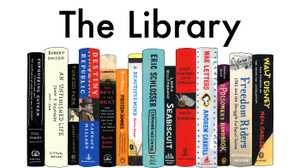
The more that you read, the more things you will know. The more that you learn, the more places you'll go. - Dr. Seuss
We couldn’t have said it better ourselves. From ideas for films to deep research and daily inspiration, books are essential to our work at American Experience.
So we’ve put together a collection of our most literary content, including interviews with our favorite authors, banned books, and the titles that influenced history’s most influential people. Happy reading!




